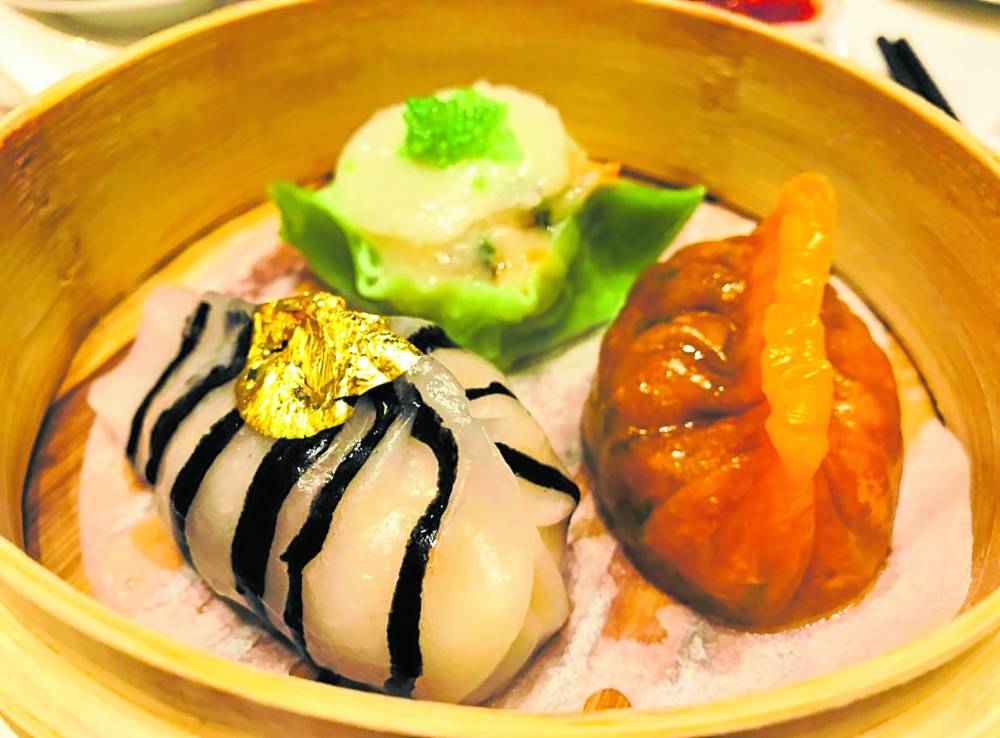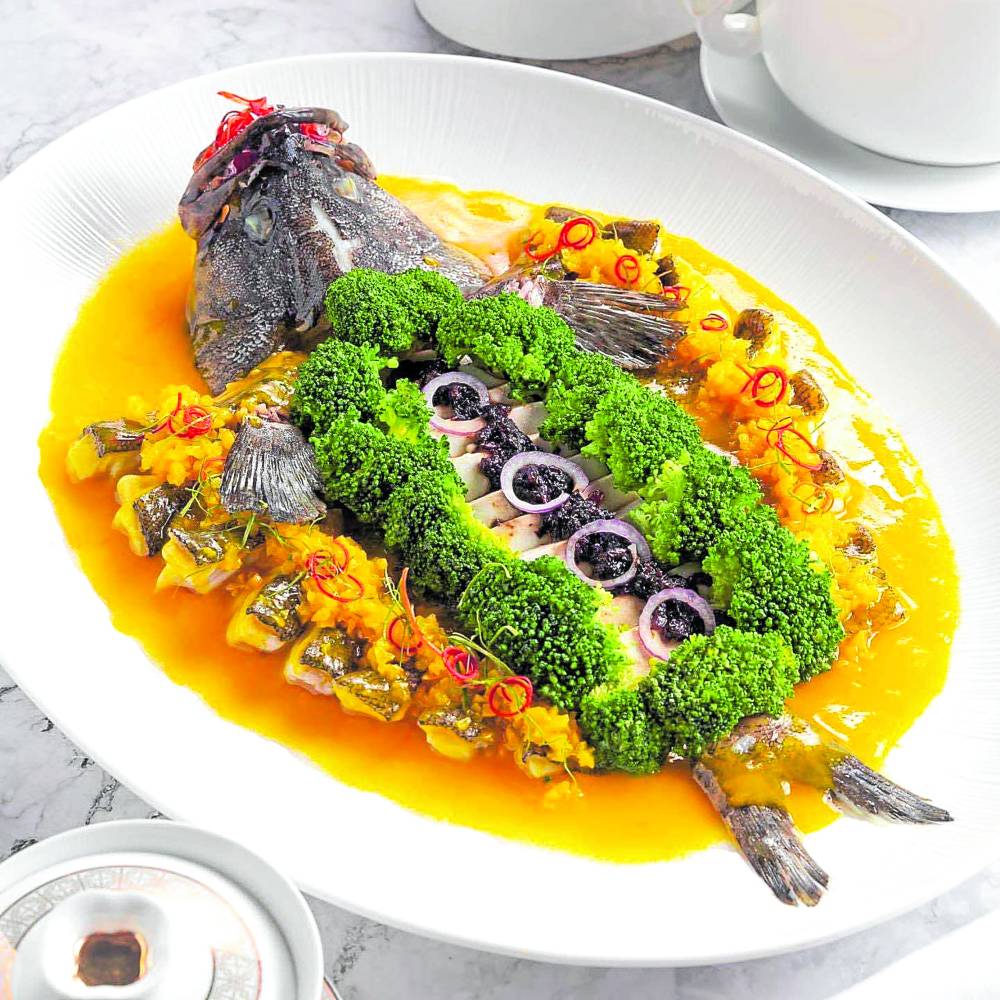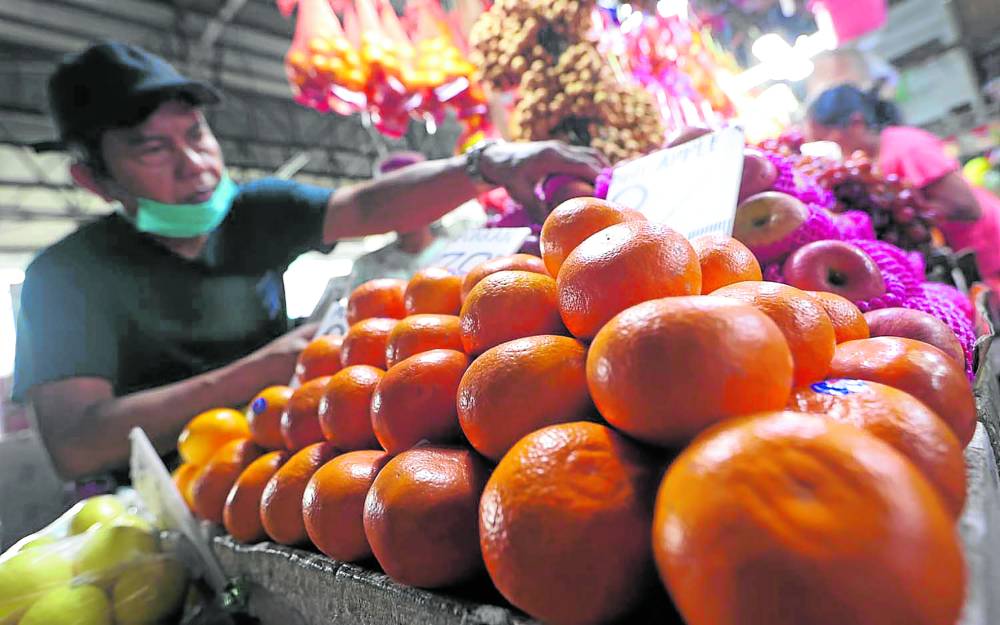Feast for the coming Lunar New Year
Chinese New Year is just around the corner!
While it’s the Year of the Rabbit, let’s avoid that chilling Fatal Attraction moment (80s kids will remember that movie where a major scene involved the fatal destiny of a rabbit as casualty of a woman’s fatal attraction for a married man). And let’s not have rabbit stew on the menu (apologies to rabbit dish lovers), so we can hop around the new year with love, happiness and prosperity!
Here are eight traditional Lunar New Year dishes that you might want to consider for your Jan. 22 menu:
1. Nian gao
This is also referred to as Chinese New Year’s cake and is made using glutinous rice flour. Although also traditionally eaten during the Duanwu Festival, this is one of the most preferred delicacies for Chinese New Year as it sounds like ‘higher year’ or ‘grow every year,’ translating to ‘a prosperous year.’ The character for nian is literally translated as “year” and the character for gāo is literally translated as “cake” and is identical in sound to the character that means “tall” or “high.”
Nian gao also has the exact homonym for “sticky cake” and there is a legend that a sticky sweet snack was offered to the Kitchen God so that his lips would be sealed and he would be unable to badmouth any human before the Jade Emperor.
2. Round delicacies, especially sweet rice balls.
Round rice balls are a staple of Chinese celebrations because their round shape is associated with family reunions and being together.
3. Noodles
Noodles are associated with longevity and therefore also a staple at Chinese celebrations.

LUCKY IS YUMMY Eat as many dumplings as you can; (left) Dumplings with gold leaf for wealth at Crystal Dragon —Margaux Salcedo
4. Dumplings
Although present in practically every Chinese meal, they are essential for Chinese New Year as a symbol of wealth. There is also a legend that the more dumplings you eat during the Chinese New Year celebrations, the more money you will make in the coming year! So go for that siomai eating contest and down those xiao long baos!
However, you must make sure that you do not use sauerkraut, which symbolizes a poor and difficult future. Also, do not arrange dumplings in circles; instead arrange the dumplings in lines to symbolize direction in life.
Also, memorize this line, which you will recite before eating the dumplings, “Zhao cai jin bao,“ which means “bringing in wealth and treasure!”
5. Spring rolls
They also represent wealth as they look like a gold block, and as you eat it, you will say the phrase “a ton of gold“ to manifest prosperity.
6. Steamed chicken
This must be cooked whole because a whole chicken is a symbol of the family. Once cooked, traditionally, the chicken is offered to ancestors as those about to dine ask for a blessing.

GOOD OMEN Steamed Duo Flavor Live Grouper with tofu at Crystal Dragon —Contributed photo
7. Fish
It is a very traditional Chinese New Year dish because it is considered a good omen and will bring in more money or ‘surplus’ or abundance in the new year. This is usually steamed and the kind that is recommended is catfish.
Here are some things to remember when serving fish. First, the head should be placed toward the distinguished guests or elders. Second, guests can enjoy the fish only after the one who faces the fish head has eaten first. Third, the fish should not be moved, even as the fish meat is sliced off the bones. Fourth, the fish should be the last dish left on the dinner table and there must be some leftovers. And finally, when you eat the fish, you say, “May you always have more than you need!”
7. Fa gao
This is a fortune cake or prosperity cake that is steamed and looks like a muffin or cupcake. This is enjoyed especially during Chinese New Year because the name sounds like “cake which expands,” so it is interpreted as “prosperity cake.” “Fa” means both “prosperity” and “expand” while gao means “cake.” It is made with soaked rice ground into a paste and then steamed. It represents prosperity.

INVITE PROSPERITY Fill your table with round fruits and vegetables to welcome the new Lunar year —NIÑO JESUS ORBETA
8. Fruit and vegetables
You must fill your table with round fruits. Some vegetables that are also appreciated during the Chinese New Year include bamboo shoots, as they represent longevity; mushrooms, which represent blessings and fortune; muskmelon and grapefruit, which represent family; and seaweed, which represents wealth and fortune.
Of course, these are cultural traditions. I have learned that ‘luck,’ in reality, is grace and this comes as a blessing from the Divine Master. What others call attracting luck by manifesting is really grace through prayer.
So ultimately, for prosperity, the key is to pray! The Lord is known to respond by delivering an abundance that is well beyond what you ever imagined. And you will hop, hop, hop in happiness and prosperity not only in the Year of the Rabbit, but always!
